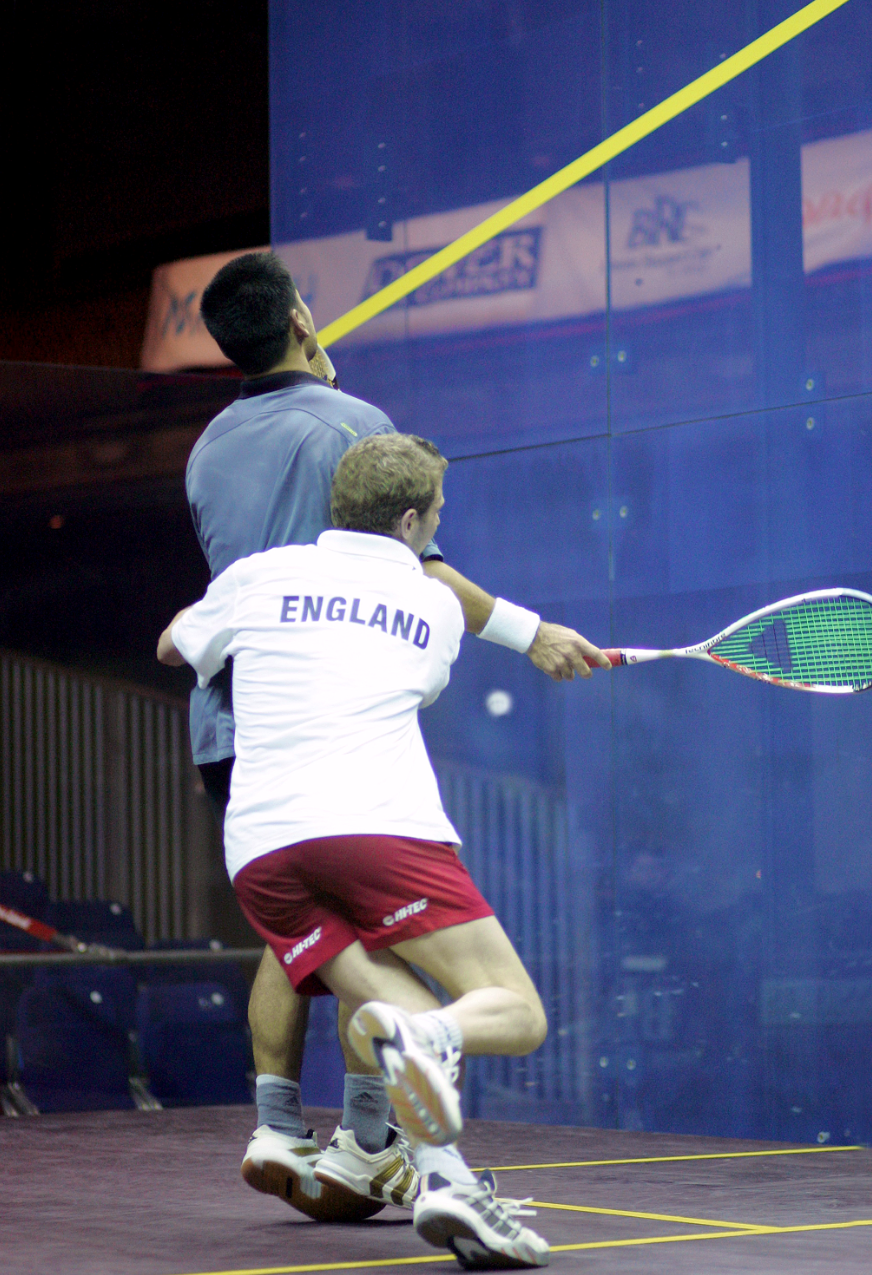By Barry Faguy, WSF Referees and Rules Committee
Well, here we go again! Yet another bunch of calls from all over demanding that Referees “crackdown,” “get tough,” “eliminate stroke hunting,” “penalize players,” and so on. It comes in cycles over the years, in various publications, web sites, blogs—you name it. And it’s the same old stuff. Are we getting anywhere?
Obvious conclusions?
If you took a panel of fifty strongly opinionated players or commentators, and had them sit in as the audience to an appeal-filled match, with electronic devices to record and collate their decisions (before the referee’s decision is announced) according to their so called “tough attitudes policy,” I’d wager that you’d get a split pretty well down the middle. While watching the same incident, some would see stroke hunting, others would see crowding. Some would see blocking by the outgoing player, others would see the incoming striker “jumping in unnecessarily” to con a stroke out of the ref. The words “every effort” will hold a different meaning for half the audience—possibly determined by which team they’re on, or by the player’s nationality. One observer will claim that Player A obviously wasn’t making every effort to clear the ball; the other observer says it’s Player B who is manifestly not making every effort to get to the ball. One commentator quotes the rules stating that the Referee should award a stroke if the player has not made every effort to avoid causing that interference, but at the same time, another quotes the rules that say that a player should be going through interferences where possible and not asking for lets and interrupting the game—the oft-quoted philosophy of, “Do not reward players for not playing the ball.”

Adopt a philosophy?
Oh! What’s that? You should be tougher with this guy because someone told you he’s a stroke hunter? OK…so having taken that comment as gospel, you’ve now donned a filter. You put on green glasses—everything pretty much starts to look green, right? Sure enough, looking through your new-found filter, it sure seems as though that is exactly what is happening. So, out come the “No Lets” on the basis of “created interference” or “playing the man”—because that’s what your preconception forces you to see. That’ll teach him! So now the other player, equally contentious, and realizing that you’ve got it in for the opponent, then starts crowding, reducing his own clearing effort, forcing the striker to increasingly compromise the return for fear of getting another No Let. Oh! So now you’ll penalize this latter player for not making every effort to clear? That’ll teach him! What about that player who’s always blocking? I’ll teach him! It’s a stroke to the incoming striker—and so, being a quick learner, this player now starts exaggerating the approach, repeatedly “netting” the outgoing player. Wait! I’ll teach him! And on it goes as you try to be the great equalizer.
Some suggestions
Every theoretical tactic that you might decide to go with in advance is a double edged sword; both sides can cut and you can get yourself in real trouble when it’s your time to referee if you’ve taken a one-sided stance. You may cut one way with your bias, maybe addressing a “perceived” problem, but the chances are good that you just might wind up cutting the other way and creating a new problem—damaging the integrity of your decision-making.
Also avoid the common tendency of saddling a player with baggage from your memory of a past match involving that player, or with baggage put in your mind by others, well-meaning though they may be. Clearly you cannot forget everything you “know” about a given player’s past, but it would not be fair to apply any of that past to this match.
As for many things in life, the answer lies in keeping an open mind—with open eyes. When it comes time for you to officiate, avoid preconceived determinations. Approach your match with the intent to judge each situation on its own merits, in the fairest way possible—period. Starting from the beginning of any match, simply apply a careful vigilance and see as much as you can. Avoid swinging that dangerous double-edged sword.
An old officiating adage goes: “You need to start perfect…and then get better.”


